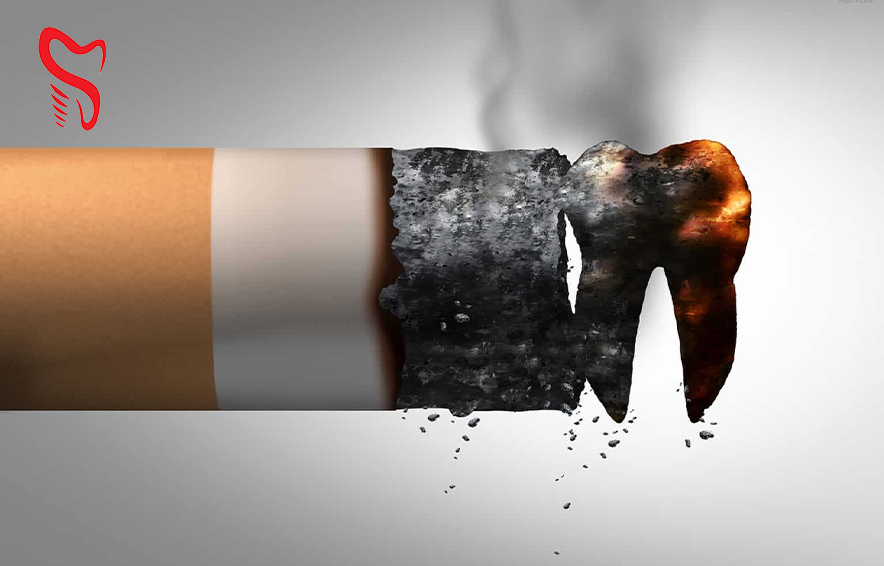The Impact of Tobacco Use on Dental Health
Tobacco use remains one of the most significant public health challenges worldwide, not only affecting general health but also having profound effects on oral health. In this blog post, we will delve into the various ways in which tobacco use can impact dental health.

The Impact of Tobacco Use on Dental Health
Tobacco use remains one of the most significant public health challenges worldwide, not only affecting general health but also having profound effects on oral health. In this blog post, we will delve into the various ways in which tobacco use can impact dental health.
1. Periodontal Disease
Tobacco use is a major risk factor for periodontal (gum) disease. Smoking weakens the immune system, making it harder for the body to fight off infection, including bacterial infections in the gums. This can lead to gum inflammation, periodontal pockets, bone loss, and eventually tooth loss.
2. Oral Cancer
Tobacco use, whether smoked or chewed, significantly increases the risk of developing oral cancer. The carcinogens present in tobacco products can damage the cells in the mouth, leading to the formation of cancerous lesions on the lips, tongue, cheeks, gums, and throat. Early detection through regular dental check-ups is crucial for effective treatment.
3. Tooth Discoloration and Bad Breath
The tar and nicotine in tobacco products can stain the teeth, causing yellowing or brown discoloration. Additionally, tobacco use can contribute to persistent bad breath (halitosis), which can be socially and professionally embarrassing.
4. Delayed Healing After Dental Procedures
Smoking can impair blood flow and reduce oxygen levels in the bloodstream, which can hinder the body’s ability to heal after dental procedures such as tooth extraction, gum surgery, or implant placement. This can lead to complications and prolonged recovery times.
5. Reduced Success of Dental Treatments
Tobacco users may experience reduced success rates with certain dental treatments, such as dental implants or periodontal therapy. Smoking can interfere with the integration of dental implants into the jawbone and compromise the effectiveness of periodontal treatments.
The detrimental effects of tobacco use on dental health are undeniable. From periodontal disease and oral cancer to tooth discoloration and delayed healing, the consequences can be severe and long-lasting. Quitting tobacco is one of the best decisions individuals can make to protect their oral health and overall well-being. Dental professionals play a crucial role in educating patients about the risks associated with tobacco use and supporting them in their journey towards a tobacco-free lifestyle.

